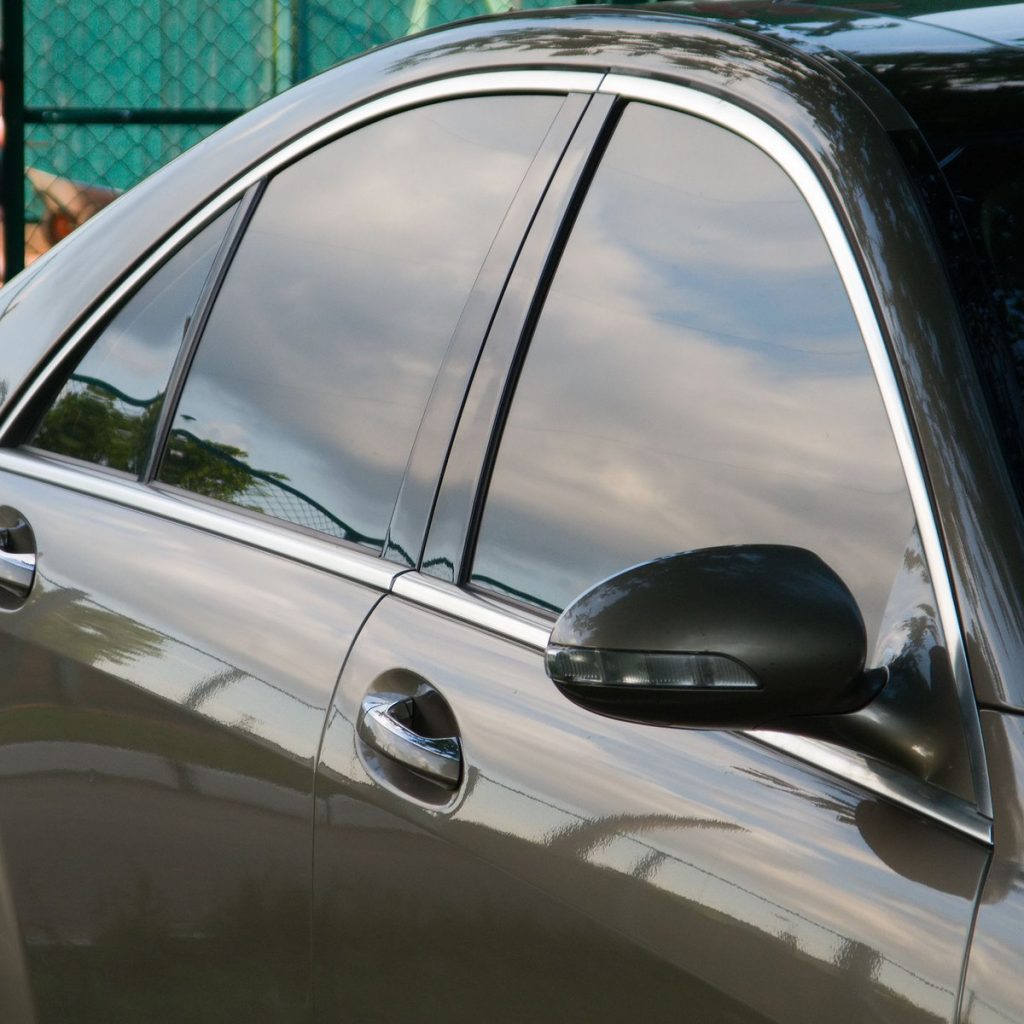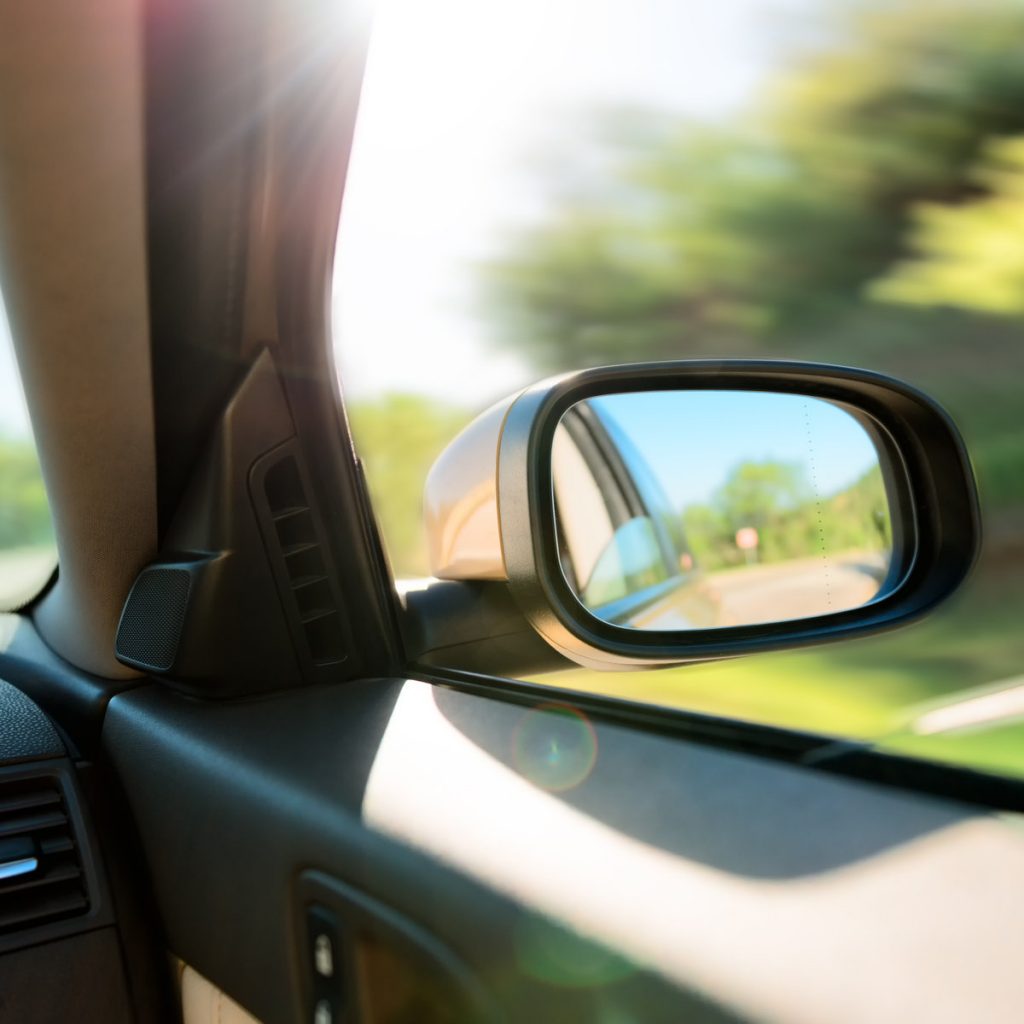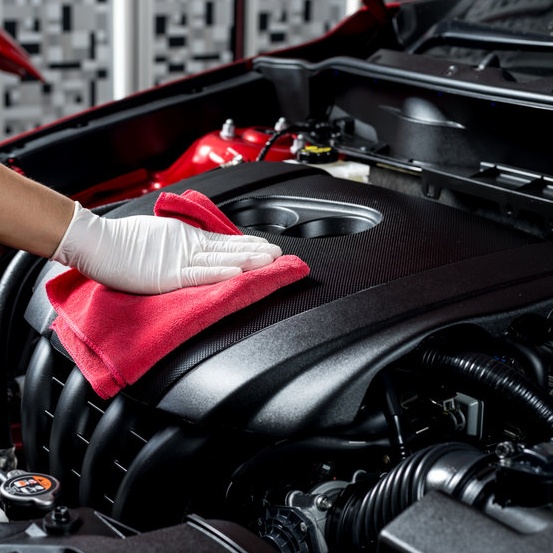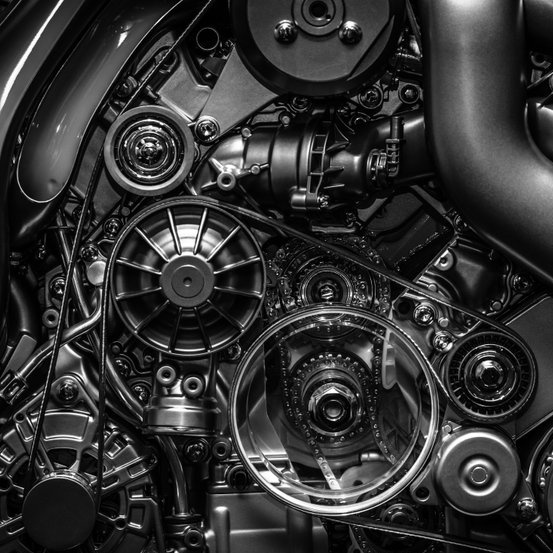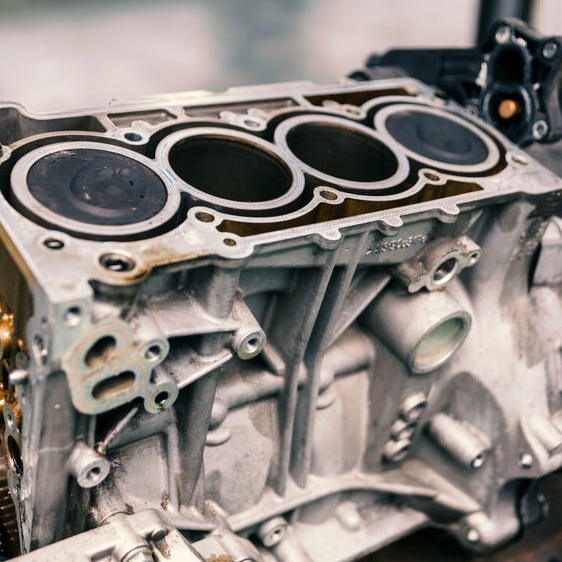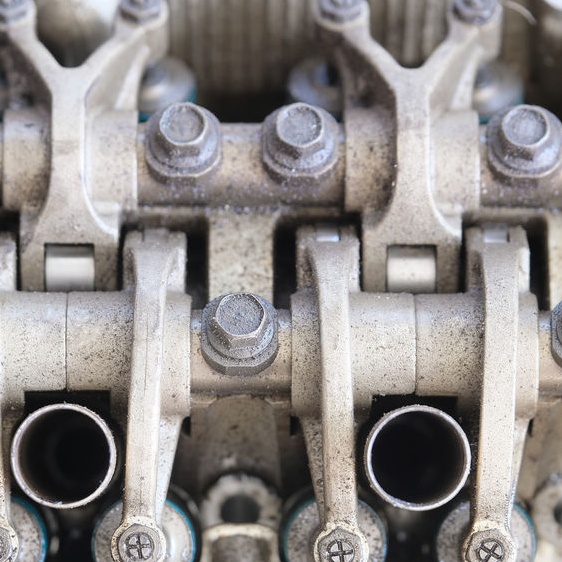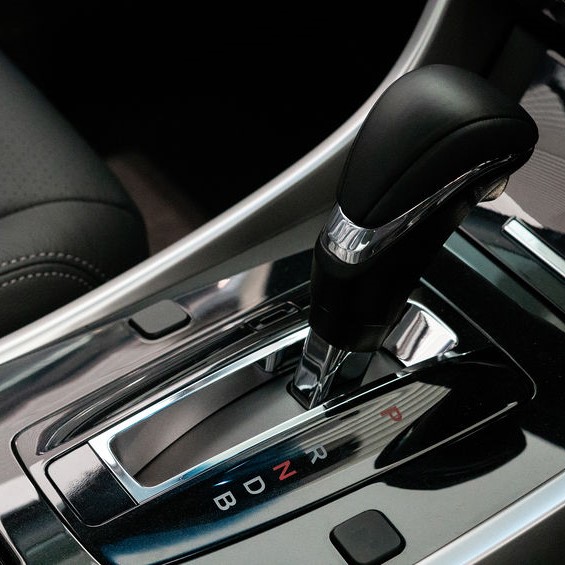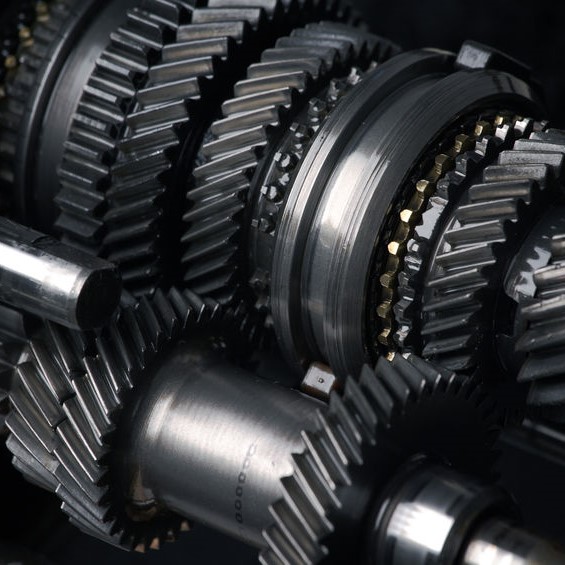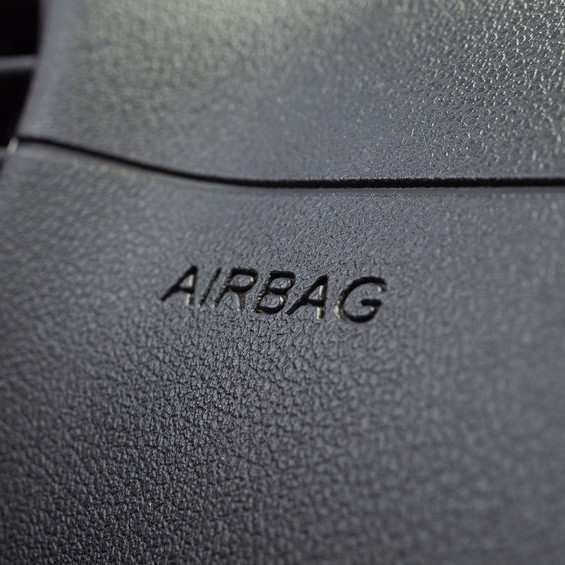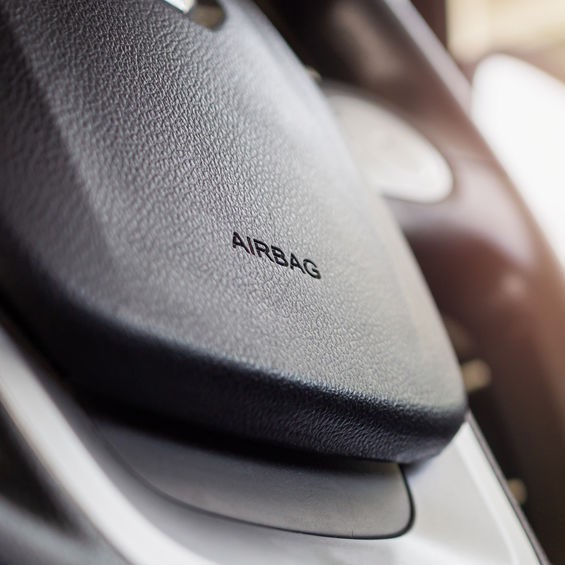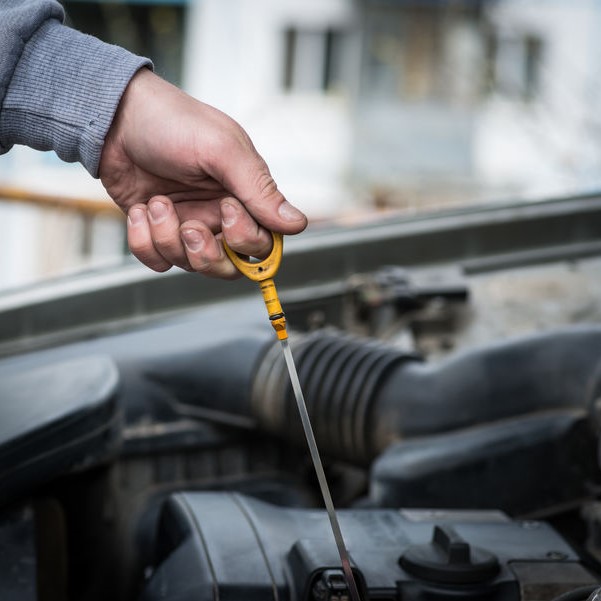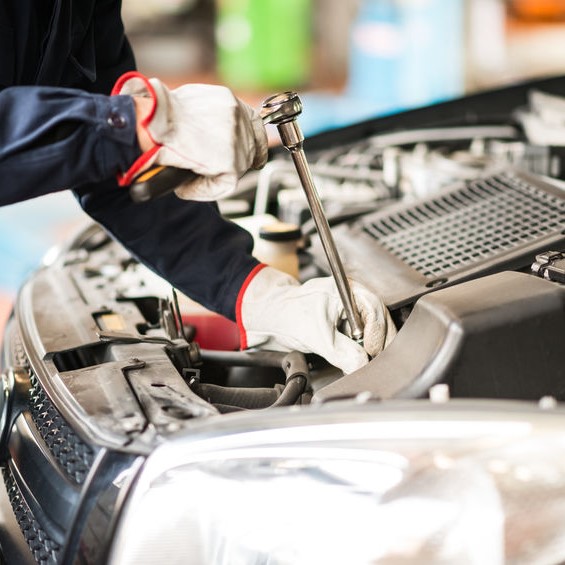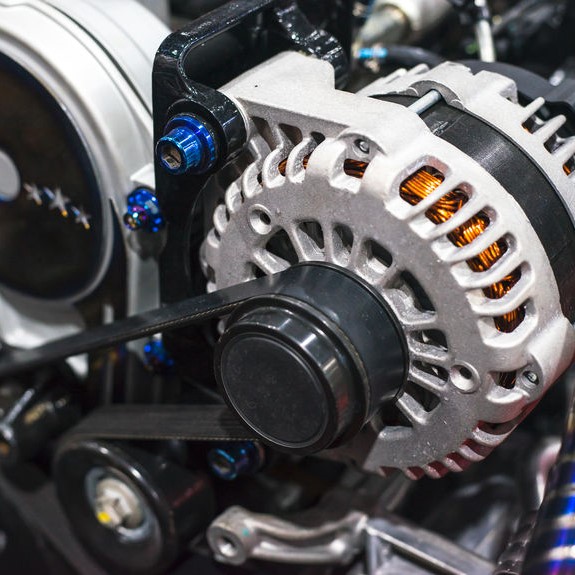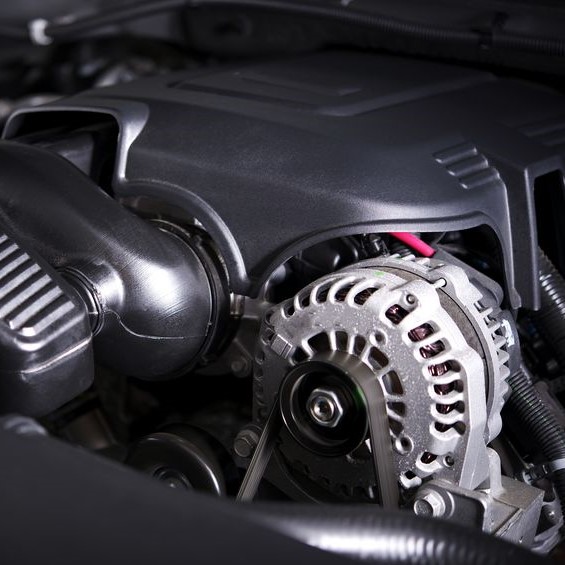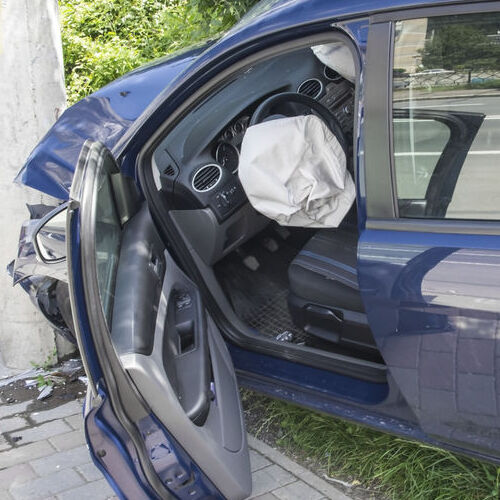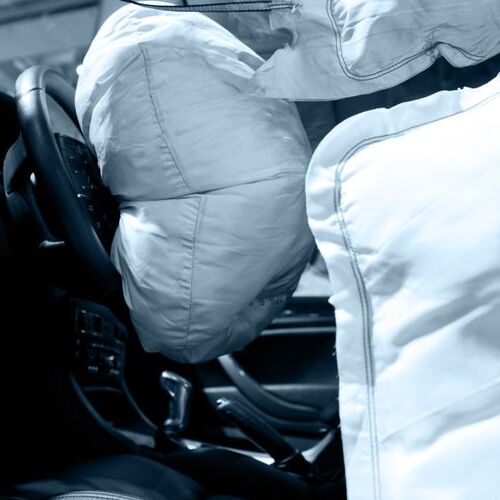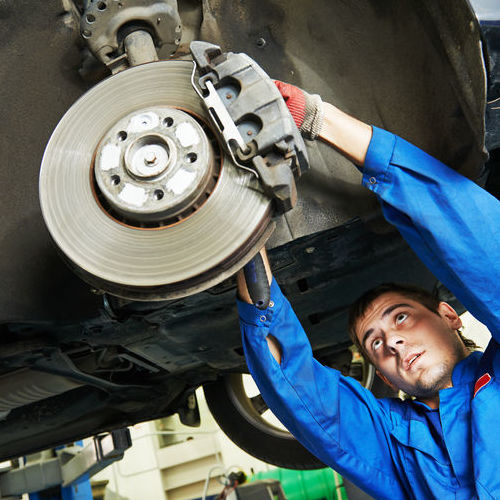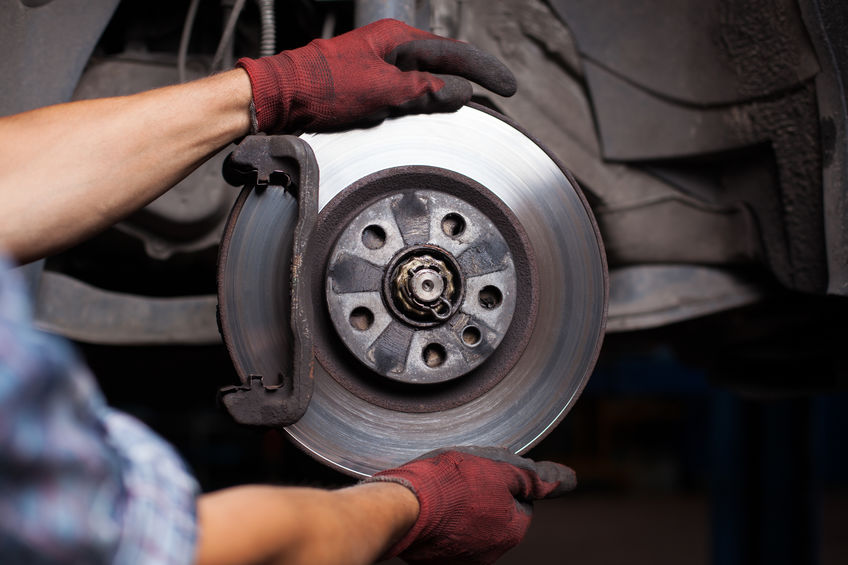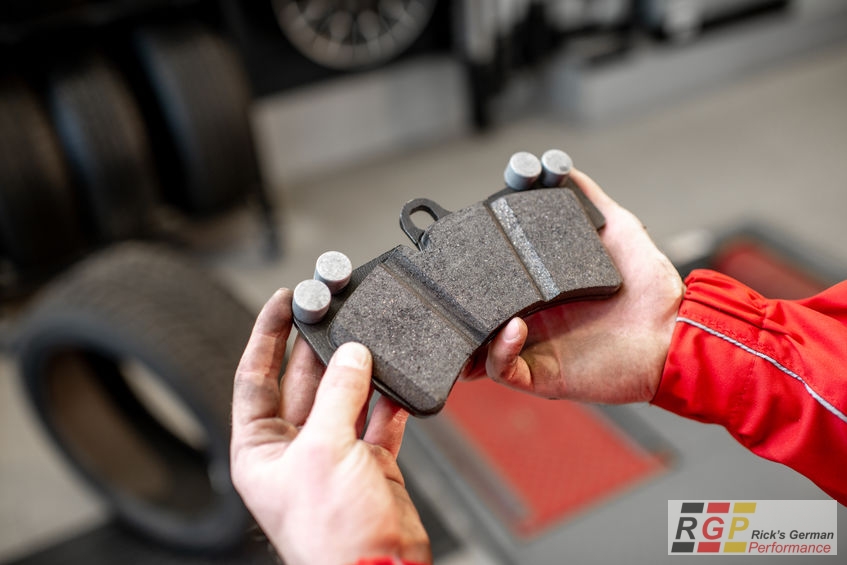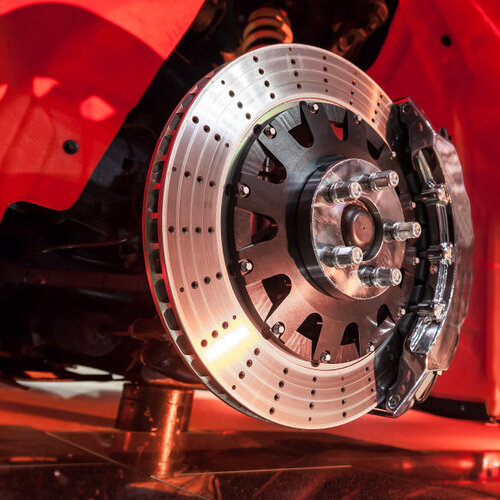
This Just In – Braking News
Once you have the engine, transmission, tires, and wheels working well, you know you’ll be able to get going. However, you also need to make sure your car can stop when necessary. This requires good brakes, and when they aren’t working a prompt, quality brake system repair is a must.
Your brake system should be inspected and serviced on a routine basis. This will ensure they are in good working condition for the safety of your passengers, yourself, and others. So how do you service a brake system?
A car’s braking system is complex, and a brake system repair can be complex as well. It is crucial any time your brakes aren’t performing as they should to have them inspected by a professional mechanic. You can avoid the need to repair your emergency brake system by following the manufacturer’s recommended maintenance schedule. That schedule is found in the owner’s manual that comes with the vehicle, or the dealer can advise you. You can also find this information online.
If none of these options are possible, the basic theory for brake system maintenance is to have the brake pads checked by a mechanic every 12,000 miles and the brake fluid replaced every 25,000 miles. Different driving styles and different vehicles, this schedule may be a little different. The 5 main things that need to be checked to avoid unexpected brake system repairs are:
Brake Pads and Rotors
The brake pads and rotors are the connection between the car’s braking system and the tires. These are known to deteriorate easily and faster than other components in the braking system, thus needing frequent and routine maintenance. This is because of the friction between the brake pads and tires create heat which wears the brake pad down. When you notice that there is a burning smell or you’re having to push on the brake pedal harder, it is time to have an inspection of the brake system, repair, or replacement as needed.
Brake Fluid Flush
When you push the brake pedal, it builds pressure in the brake system that transfers the brake fluid out of the master cylinder, to the brake lines, and into the brake calipers. From there the pressure is transferred to the brake pads and brake rotors. Without the brake fluid, your car’s brake system wouldn’t know to work – think of the brake fluid as the messenger of the brake system!
The brake fluid needs to be flushed occasionally because it attracts moisture that can damage the entire brake system, repairing that damage can be expensive. The moisture corrodes any of the metal components and lowers the brake fluid’s boiling point, affecting how effective the brakes work. Expert mechanics recommend having the brake fluid checked each time you get your oil changed and get the fluid flushed and changed at 25,000 mile intervals.
Bleeding the Brake Lines
In addition to flushing the brake lines to change the brake fluid, it is also a good idea to bleed the brake line to remove excess air. When small amounts of air become trapped inside the brake line, it can reduce the efficiency of the braking system.
Replace or Upgrade
Sometimes the elements of your car’s brake system will need to be replaced or upgraded because of the wear and tear factor. Replacing the brake pads with slotted disc brakes will be quieter and heat resistant so they last longer.
Brake System Care
To ensure your car’s brake system is working as effectively as possible, there are things you can do that will help, such as:
- Attention to the recommended weight limit
- Avoid heavy, last minute braking
- Extreme caution driving in wet weather
What does a complete brake job include?
Your car’s brakes are an important safety syste – the most important actually. When the brakes aren’t working properly, you’re putting yourself, your passengers, and others on the roadway in danger. An inspection and complete brake system repair job should include every aspect of the brake system, starting with a visual inspection.
The technician should inspect the entire brake system visually with the following actions:
- Measure the front and rear brake lining thickness
- The brake calibers, hoses, lines, and wheel cylinders
- The brake fluid
- The brake pedal
- The warning lights for brakes and ABS
With all of these checks and any brake system repairs completed, the technician should take the car for a test drive to check and evaluate the overall performance of the brakes.
Can you repair a broken brake line?
In most cases, yes – an experienced mechanic or technician can repair broken brake lines and make any other brake system repairs needed. The process is fairly quick on most cars, though some take longer than others depending on the make and model. The old brake line is removed and the new one installed. In some instances, the mechanic may splice the bad brake lie section and insert a new piece. As long as they check for leak and pressure issues, splicing the brake line is just as safe as the entire line.
How much should a brake line repair cost?
It will vary from car to car, but the average brake line parts are between $30 and $50. With labor, you can expect to pay between $150 and $200.
Can you repair brake calipers?
Brake calipers are either replaced during a brake system repair job. They can be rebuilt, using brake caliper kits available at auto parts stores. While that will extend the lifespan of the brake system, there are sometime issues with rebuilt brake caliper.
Can you repair a brake switch?
Yes, a brake switch can be repaired rather easily, being accessible at the tip of the brake pedal on most cars. A DIY car owner, or “shade tree mechanic,” can purchase the part for as little as $20 up to $50 at a neighborhood auto parts store.
A brake switch that isn’t repaired correctly though will not function as intended and can be damaged installing the unit. To ensure that it is installed and repaired correctly, taking your car to a professional mechanic is recommended. With the part and labor, you may pay upwards of $115. With that cost, you’ll have peace of mind and a warranty.
How do you repair a brake hose?
A person not familiar with brake systems and brake system repairs will often confuse brake hose and brake line to be the same thing. The brake lines are metal tubes running the entire length of the car. Then there is a brake hose made of rubber that is located at each wheel.
The brake hose conveys the brake fluid from the metal brake line to the brake caliper at each wheel. Brake hoses should be dry, firm, with no cracks or flaking. Because the brake hoses are essential in the brakes working correctly, they should always be replaced not repaired. During a complete brake system repair jobs, if the brake hoses show any indications of being worn, the mechanic will replace them as opposed to “repairing” them.
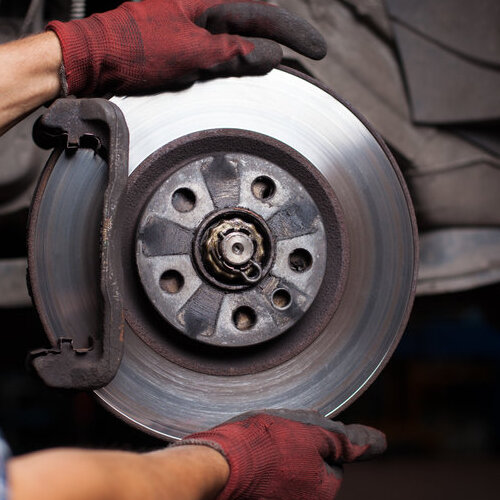
Concluding This Braking Story
Not only is the brake system repair jobs important to your safety but repairing parking brakes are vital as well. These are only used when parking the car usually on a hill, or in a standard shift vehicle anytime you park. While the parking brake isn’t something that affects driving and stopping, it is there for an emergency situation and should always be in good working order.

